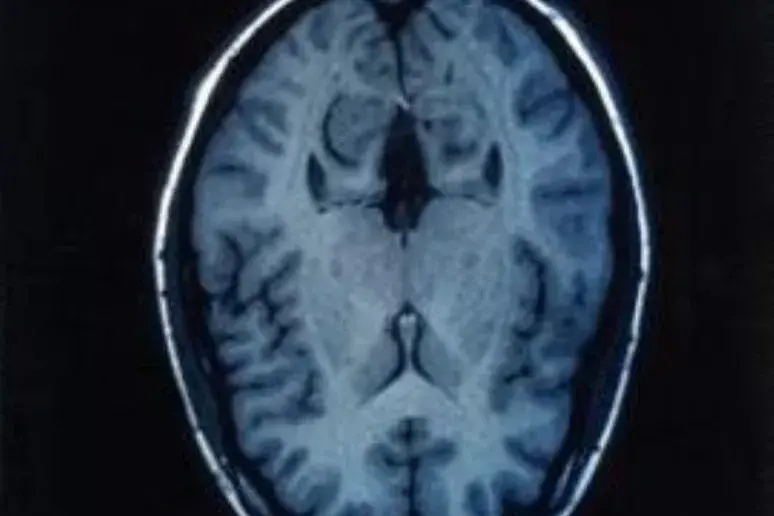
Trust linked to diminished brain activity in older adults
Older people may be less capable than younger adults at detecting untrustworthiness, according to a study from the University of California, Los Angeles (UCLA).
The research claimed older citizens may find it harder to identify an untrustworthy face as potentially dishonest, possibly due to a region of the brain called the anterior insula, which is less active in the elderly.
Published in the Proceedings of the National Academy of Sciences, the study found that younger and older adults respond similarly to 'trustworthy' and 'neutral' faces.
However, when the faces were untrustworthy, younger participants reacted strongly while their older counterparts still viewed them as approachable.
Shelley E Taylor, a distinguished professor of psychology at UCLA and senior author of the new research, said this effect was shown by most of the older adults.
"They missed facial cues that are pretty easily distinguished," she explained.
"Older adults seem to be particularly vulnerable to interpersonal solicitations and their reduced sensitivity to cues related to trust may partially underlie this vulnerability."
Find the nearest Barchester nursing home.
Find your nearest Barchester care home
With over 200 care homes in the UK, there's always a Barchester care home near you.

